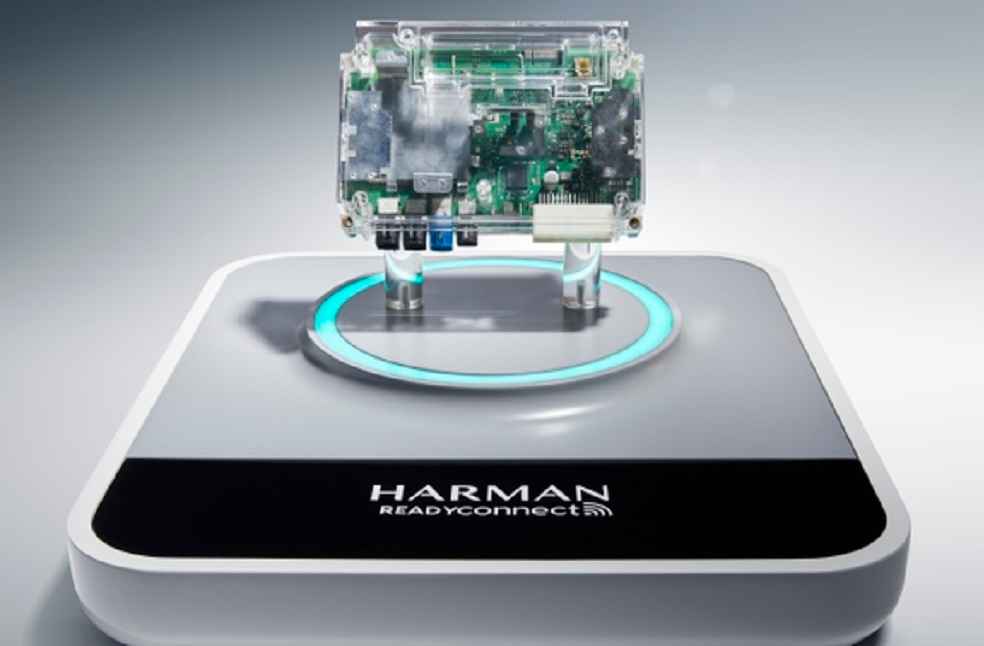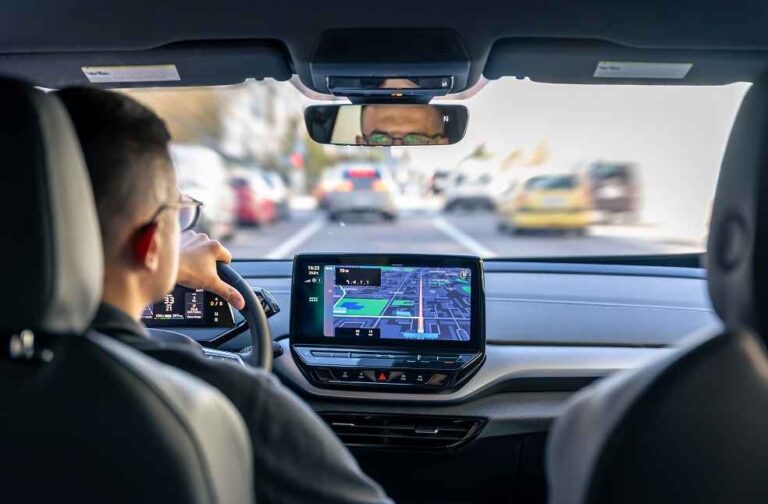Samsung Electronics is intensifying its focus on the fast-growing automotive electronics market by empowering its US-based subsidiary, Harman International Industries, to spearhead its automotive solutions business. The global market for automotive electronics is projected to reach $470 billion by 2030, positioning this sector as a significant growth avenue for the Korean technology giant.
As part of a company-wide business reorganization, Samsung has renamed its automotive electronics team under the Device eXperience (DX) division to the Harman Relations Team. This move signals a strategic decision to leverage Harman’s expertise and its parent company’s advanced hardware and software technologies.
Acquired by Samsung in 2017 for $8 billion, Harman is headquartered in Stamford, Connecticut, and is a leader in connected car technology, lifestyle audio systems, and Internet of Things (IoT) solutions. Its automotive solutions, including digital cockpits, heads-up displays, and infotainment systems, are installed in over 50 million vehicles globally, with clients such as BMW and Toyota.

Harman’s collaboration with Samsung has been pivotal in its financial growth. The subsidiary’s operating profit skyrocketed from 60 billion won in 2017 to over 1 trillion won ($702 million) in 2023. The synergy is evident in products like Harman’s Ready portfolio, which integrates Samsung’s cutting-edge display, processor, and deep learning technologies to enhance safety, personalization, and sustainability in vehicles.
Samsung has further bolstered Harman’s capabilities through acquisitions, such as US-based Roon Labs and France-based FLUX, to enhance audio and connectivity technologies.
The global automotive electronics market is accelerating as automakers adopt digital technologies. A report by Grand View Research estimates the market will expand from $262.6 billion in 2023 to $468.1 billion by 2030. Samsung’s competitors, including LG Electronics and Chinese firms TCL and Hisense, are also ramping up investments in this sector.

Harman’s innovations, combined with Samsung’s artificial intelligence-driven hyper-connectivity technologies, are expected to play a vital role in connecting vehicles to devices seamlessly. This approach aligns with the increasing demand for smarter, more integrated mobility solutions.
Harman’s record-breaking performance in 2023 is poised to continue, with operating profits for the January-September period reaching 920 billion won, surpassing last year’s full-year profits of 830 billion won. This success offers a much-needed boost to Samsung, which has faced challenges in its semiconductor business.
The strengthened partnership between Samsung and Harman, showcased at CES 2024, underscores their commitment to revolutionizing in-vehicle technology. As the automotive electronics market surges, Harman is set to remain a critical driver of Samsung’s growth strategy.
EV WORLD | US Proposes $7.54B Loan for Stellantis-Samsung EV Battery Plants





